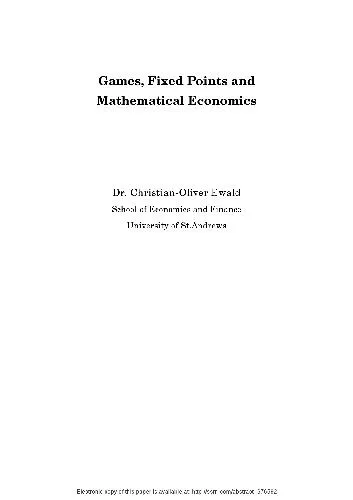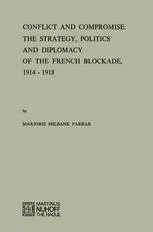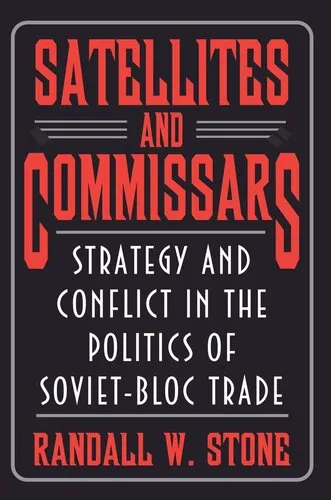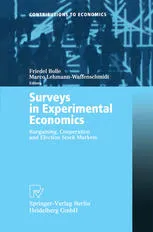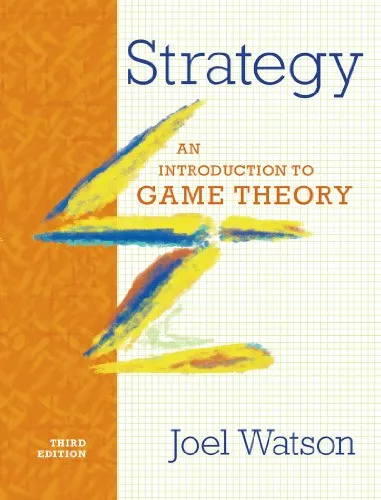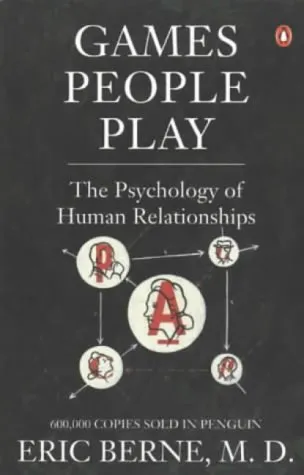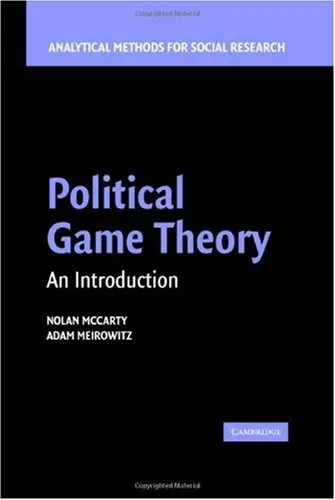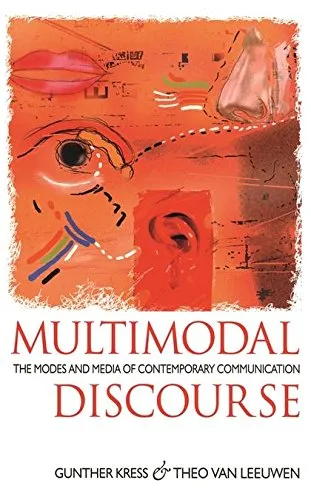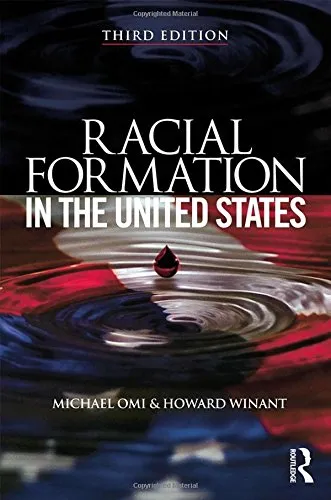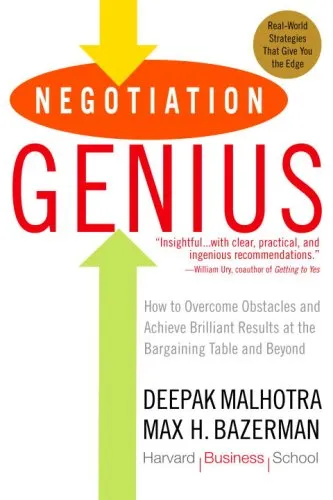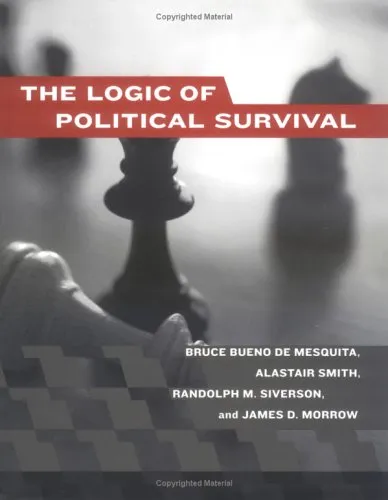Games, fixed points and mathematical economics
4.5
Reviews from our users

You Can Ask your questions from this book's AI after Login
Each download or ask from book AI costs 2 points. To earn more free points, please visit the Points Guide Page and complete some valuable actions.Related Refrences:
Welcome to the introduction to Games, Fixed Points, and Mathematical Economics, a comprehensive exploration of the intricate interplay between game theory, mathematical fixed point theorems, and their profound applications in economic theory. This book is designed for mathematicians, economists, and strategists who seek to build a deeper understanding of the mathematical structures that underpin decision-making and strategic interaction in economics and beyond.
Detailed Summary of the Book
At its core, Games, Fixed Points, and Mathematical Economics bridges three interconnected domains: game theory, fixed point theory, and economic analysis. The book starts by introducing the foundations of game theory, including the concepts of rationality, strategies, and equilibrium. A particular emphasis is placed on Nash equilibrium and its widespread applicability in various fields of economics. From there, the discussion seamlessly transitions into fixed point theorems — abstract mathematical tools that provide the formal foundation for proving equilibrium existence in strategic games and markets.
As you delve deeper into the book, it systematically explains how these mathematical concepts, especially Brouwer’s and Kakutani’s fixed point theorems, are utilized to model complex economic systems. Topics like general equilibrium theory, cooperative and non-cooperative games, and auction theory are analyzed with clarity and rigor. The text also highlights the interdependence of these fields, demonstrating how ideas originally rooted in abstract mathematics contribute to real-world economic models.
Finally, the book does not merely stop at theoretical exploration. It endeavors to provide illustrative examples, exercises, and applications to ground these abstract ideas in practical scenarios. By doing so, it becomes an invaluable resource for intellectual engagement and problem-solving in both academic and applied settings.
Key Takeaways
- A clear and rigorous introduction to game theory and its importance in strategic decision-making.
- An in-depth analysis of fixed point theorems and their pivotal role in proving the existence of equilibria.
- A thorough examination of mathematical economic models, including general equilibrium theory and auctions.
- Practical insights into the applications of mathematical theories across economics and related fields.
- Numerous examples and exercises to solidify understanding and bridge theory with practice.
Famous Quotes from the Book
"The essence of game theory lies in understanding how rational individuals make decisions not in isolation, but in anticipation of the actions of others."
"Fixed point theorems are not merely lofty abstractions, but the bedrock upon which the mathematics of equilibrium stands."
"Economics, at its heart, is the science of choice, and mathematics provides us with the tools to model and refine these choices."
Why This Book Matters
In today’s interconnected and rapidly evolving world, the ability to model and predict decision-making, whether in economics, politics, or societal structures, is of paramount importance. Games, Fixed Points, and Mathematical Economics provides the conceptual and mathematical foundation required to tackle these challenges. This book stands out by offering a unified framework to comprehend and analyze the dynamic interplay of individuals, markets, and systems.
Moreover, the book’s treatment of fixed point theory as a unifying mathematical tool is groundbreaking. Few works manage to balance deep theoretical insights with the clarity and accessibility that this text provides, making it an indispensable resource for anyone looking to excel in economics or applied mathematics.
By synthesizing the insights of game theory, mathematics, and economics, this book equips readers with powerful analytical tools that transcend traditional disciplinary boundaries. It is as much a guide to mathematical rigor as it is a manifesto for the interdisciplinary application of these ideas in real-world scenarios. This makes it not only relevant but essential reading in the 21st century.
Free Direct Download
You Can Download this book after Login
Accessing books through legal platforms and public libraries not only supports the rights of authors and publishers but also contributes to the sustainability of reading culture. Before downloading, please take a moment to consider these options.
Find this book on other platforms:
WorldCat helps you find books in libraries worldwide.
See ratings, reviews, and discussions on Goodreads.
Find and buy rare or used books on AbeBooks.
1189
بازدید4.5
امتیاز0
نظر98%
رضایتReviews:
4.5
Based on 0 users review
Questions & Answers
Ask questions about this book or help others by answering
No questions yet. Be the first to ask!
